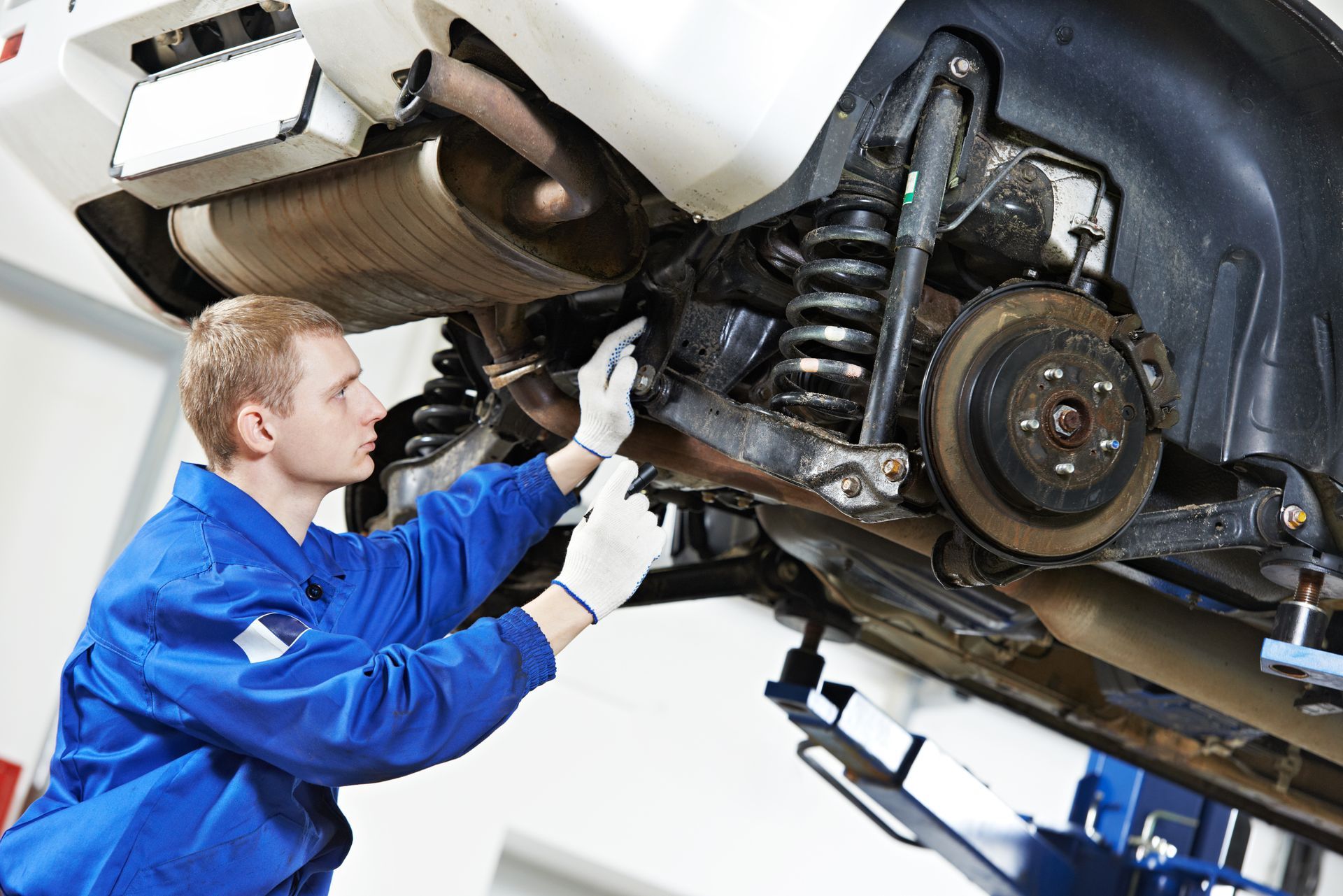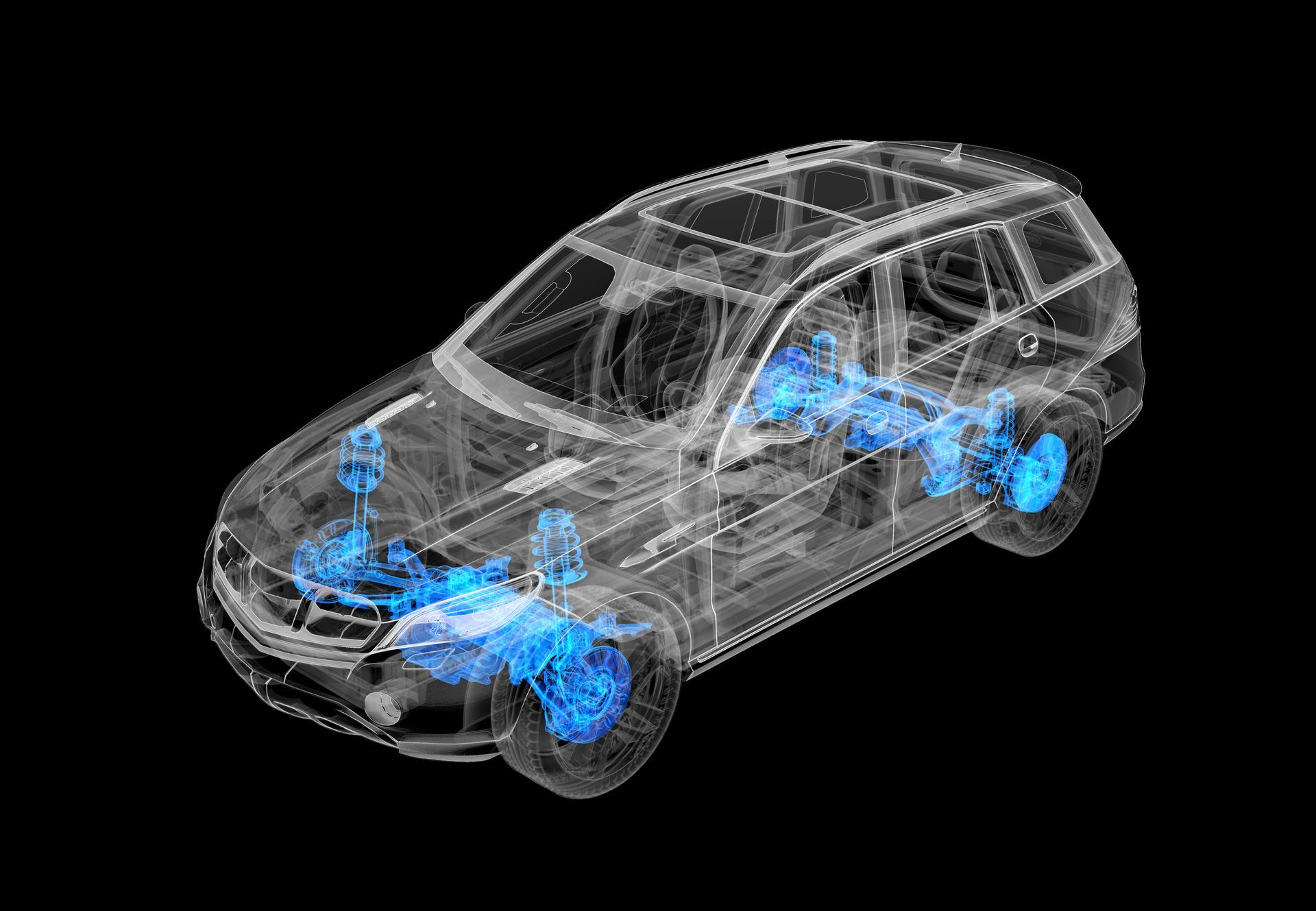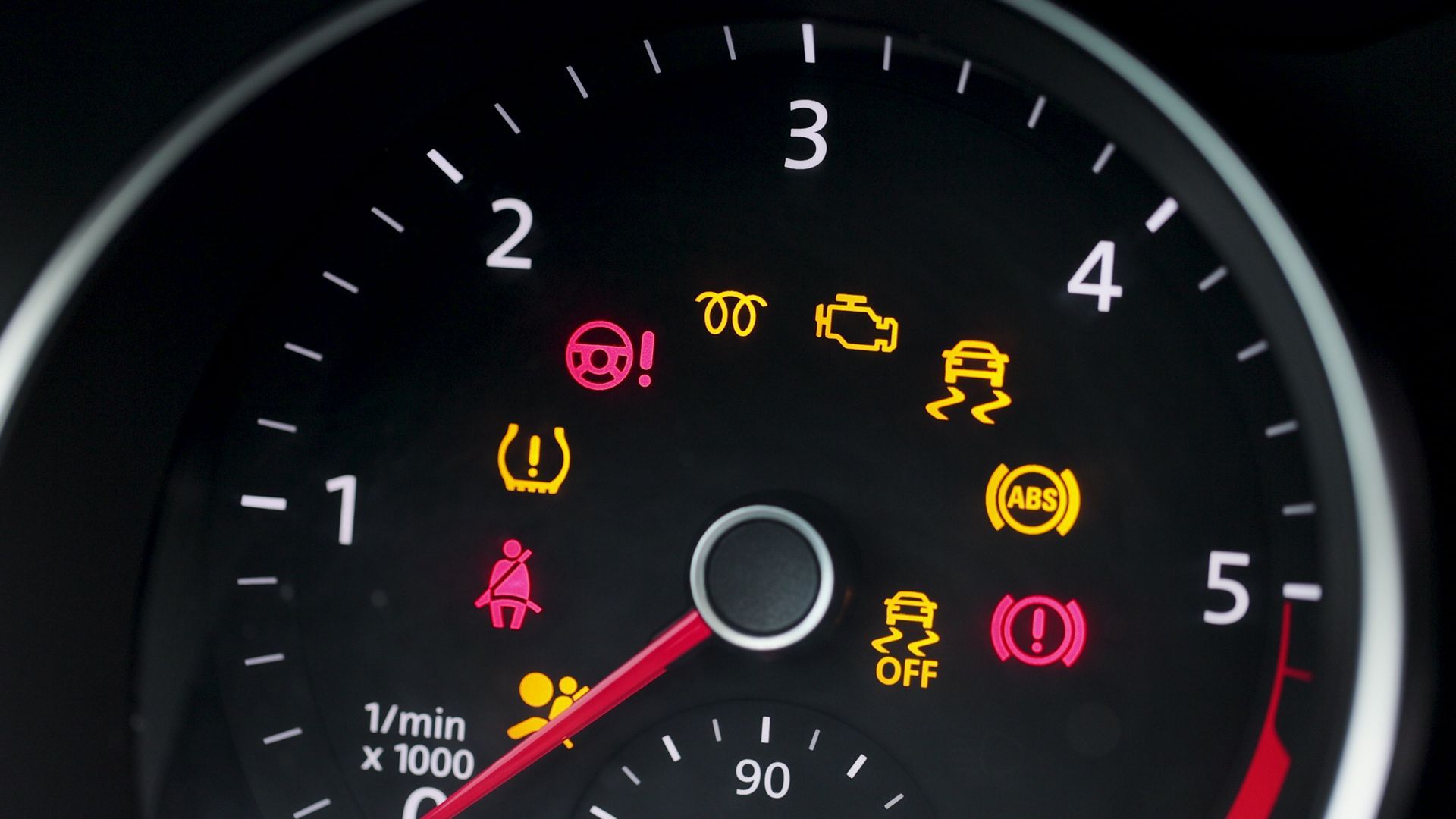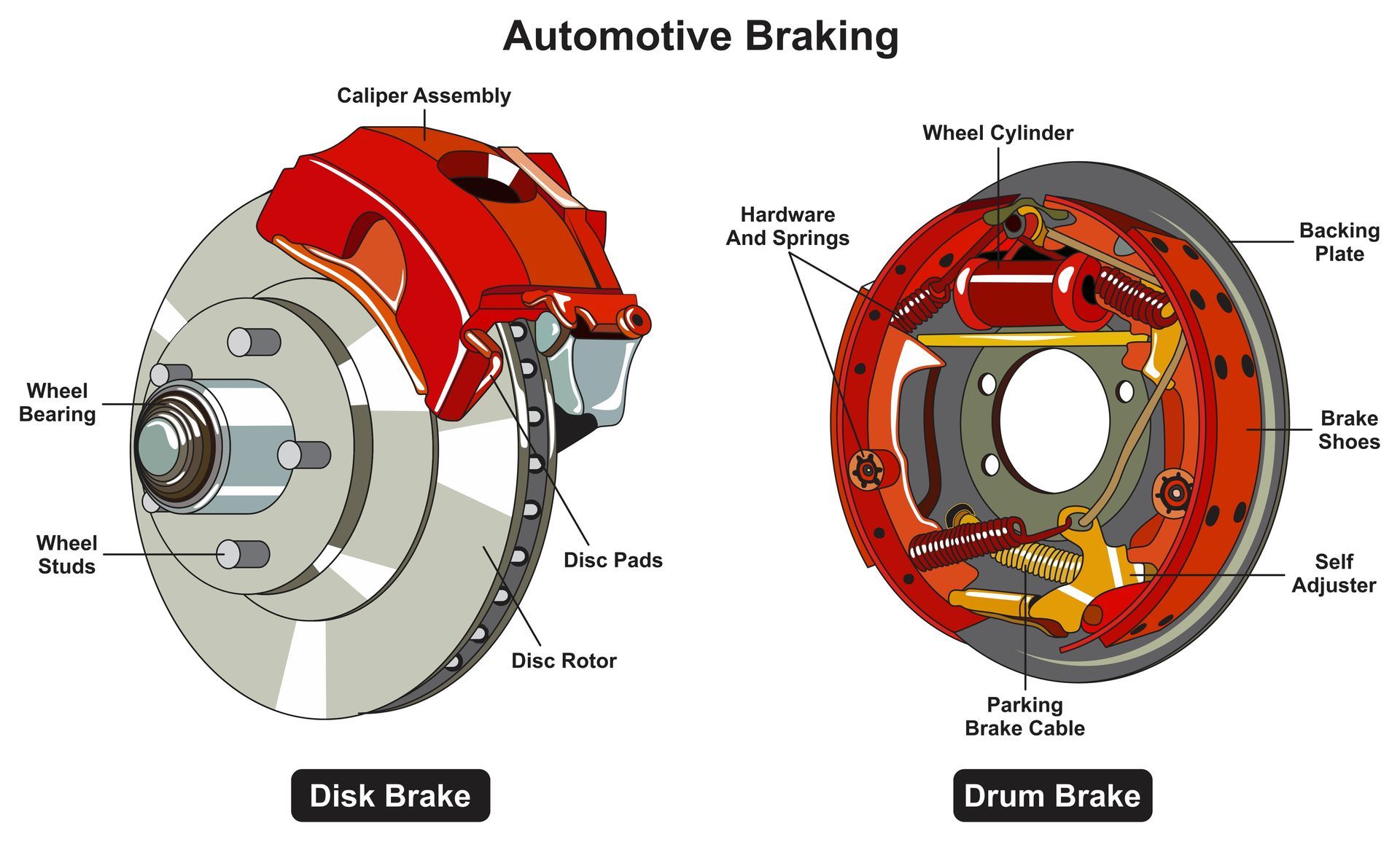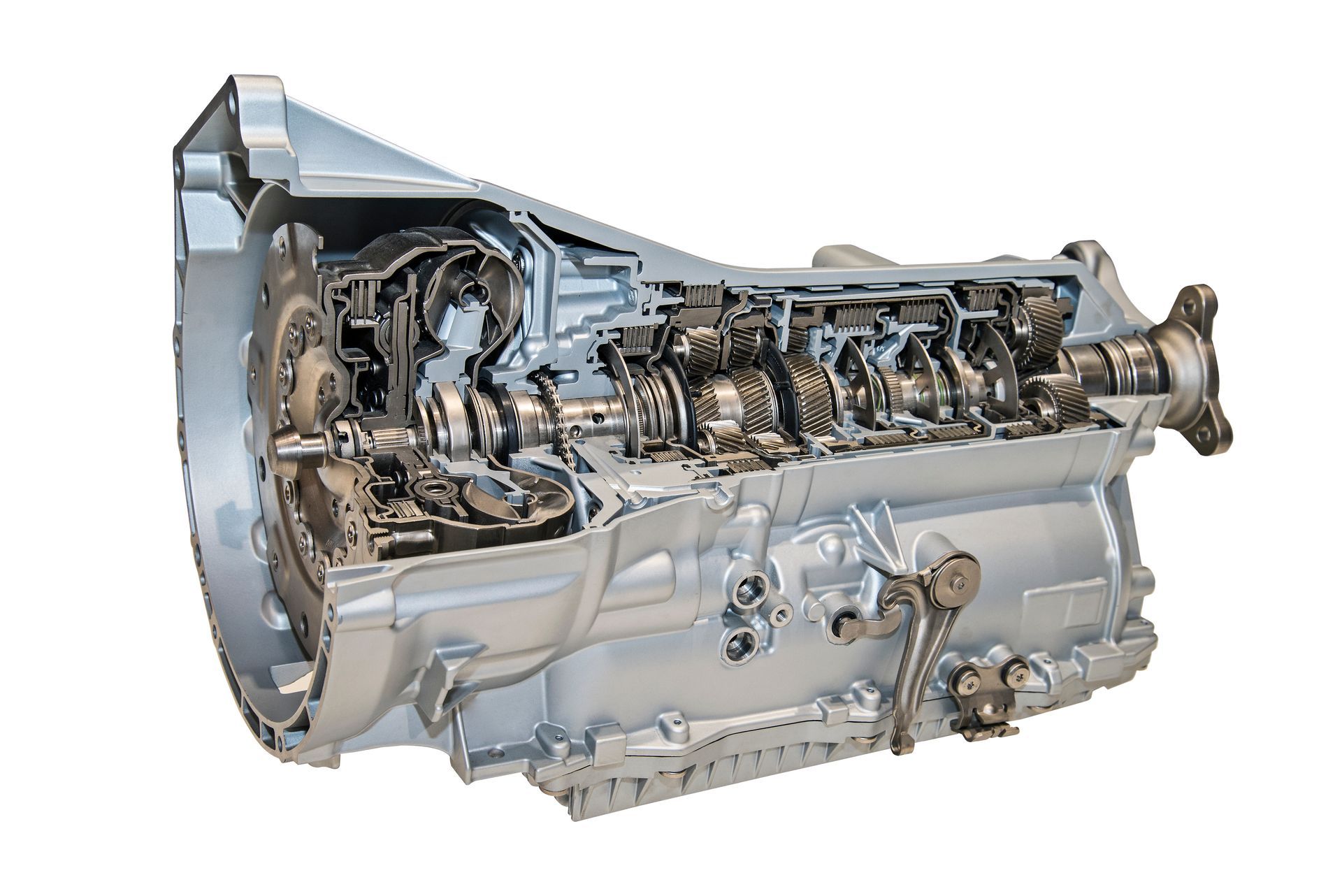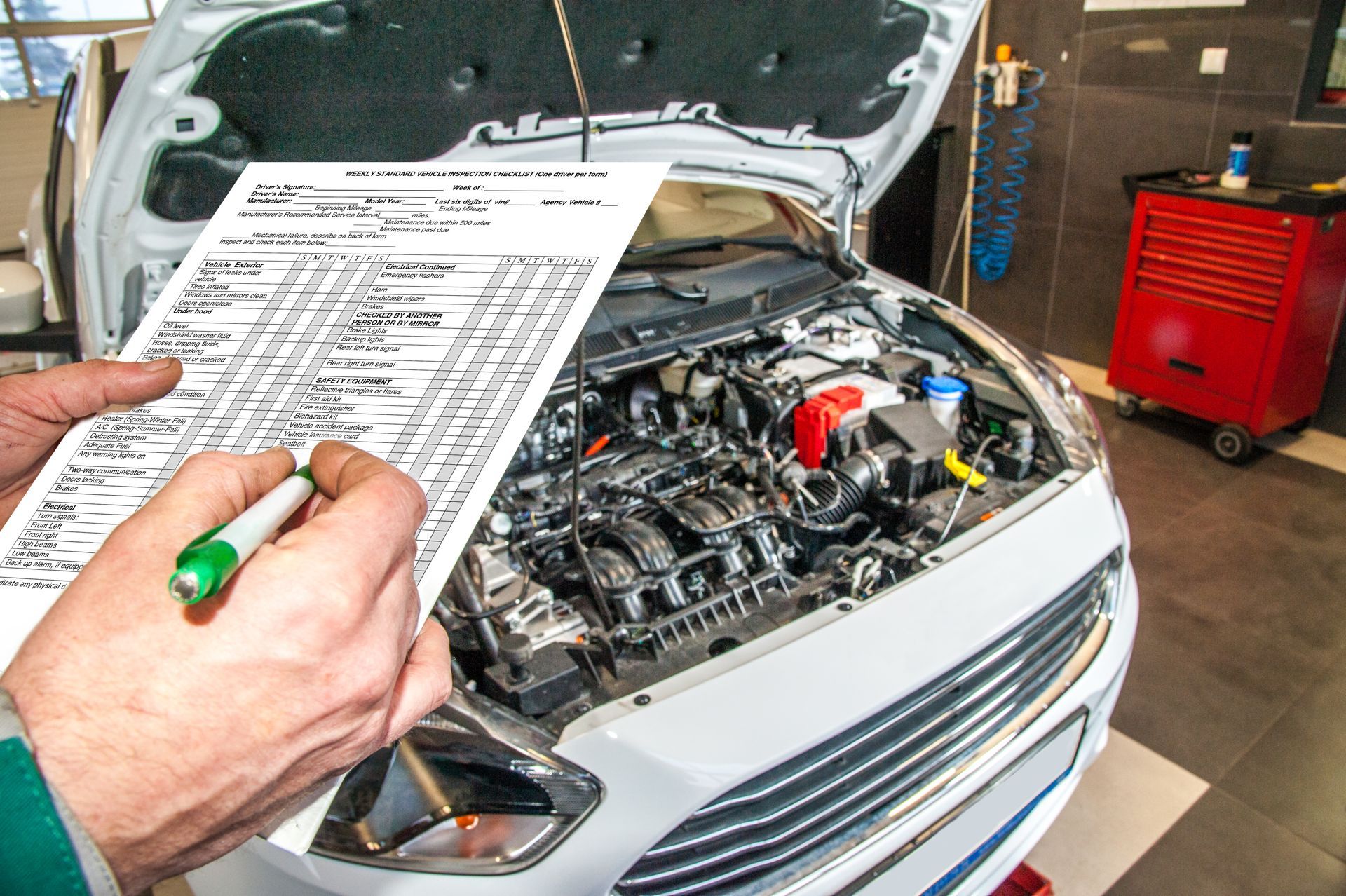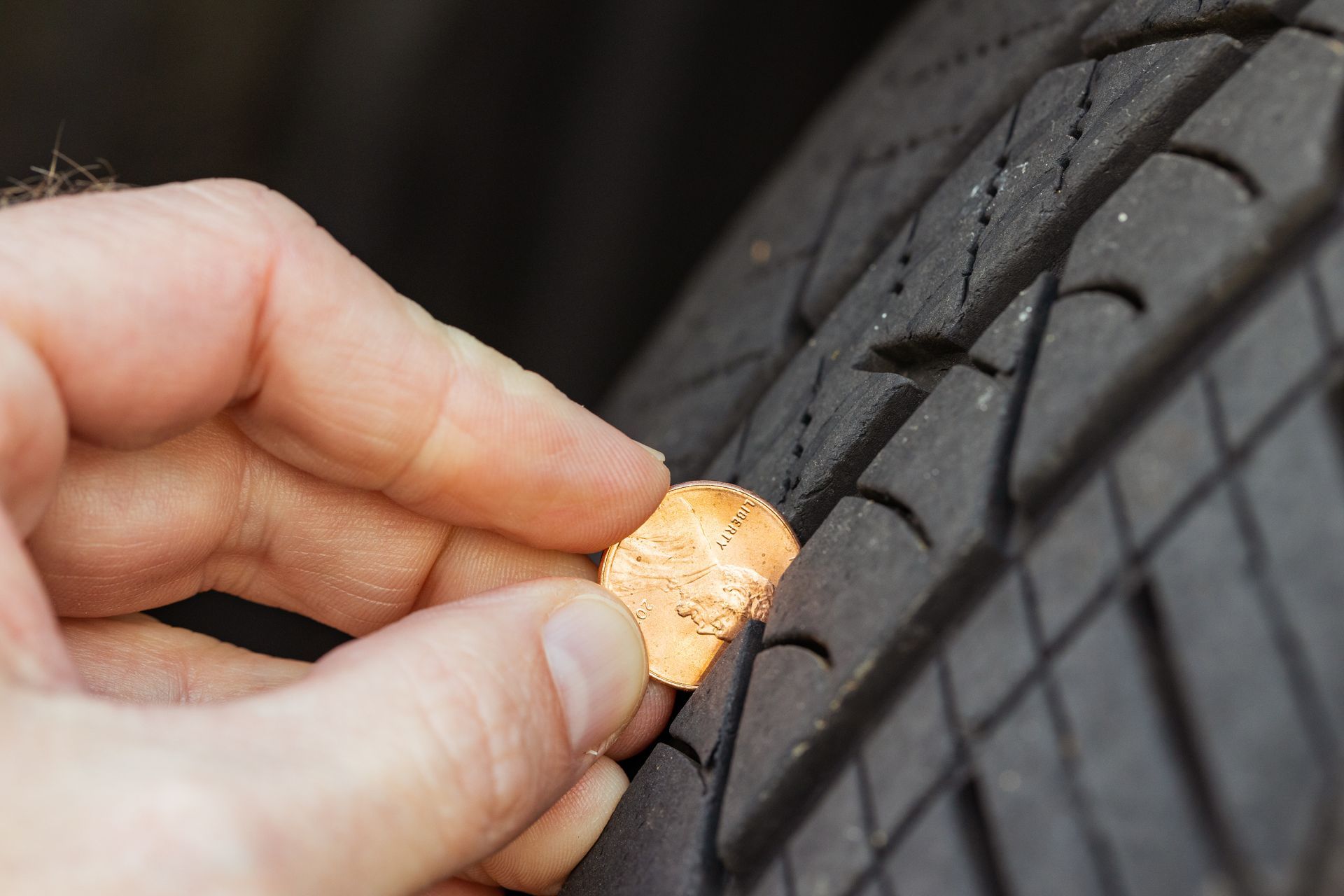Your vehicle's timing belt is a critical component that synchronizes the rotation of the engine's crankshaft and camshaft, ensuring proper engine operation. But how often should you replace this vital part to prevent potential damage and costly repairs?
What Is Тhe Timing Belt
The timing belt is a rubber belt with teeth that connects the crankshaft and camshaft, controlling the opening and closing of engine valves. As the engine runs, the timing belt keeps these components in sync, allowing for precise combustion and engine performance. Over time, the timing belt can deteriorate due to wear and tear, exposure to heat, and aging.
Signs of a Worn Timing Belt
Visible Wear and Tear
Inspect the timing belt for signs of cracking, fraying, or missing teeth. Any visible damage indicates that the timing belt is nearing the end of its lifespan and should be replaced.
Engine Misfires
A worn timing belt can cause the engine to misfire or run rough as the timing of the combustion process becomes erratic. It may be time to replace the timing belt if you notice unusual engine performance, such as rough idling or hesitation during acceleration.
Engine Failure
In severe cases, a failing timing belt can lead to catastrophic engine failure if it snaps while the engine is running. To avoid costly repairs and potential damage to other engine components, replacing the timing belt before it reaches the end of its service life is essential.
Determining Replacement Interval
The recommended replacement interval for timing belts varies depending on the make and model of your vehicle, as well as the type of engine it has. As a general rule of thumb, most manufacturers recommend replacing the timing belt every 60,000 to 100,000 miles or every 5 to 7 years, whichever comes first.
You must consult your vehicle owner's manual or a qualified mechanic for specific recommendations tailored to your car's maintenance schedule.
Why Some Cars Have Timing Chains
Some vehicles are equipped with timing chains instead of timing belts. Unlike timing belts, which are made of rubber, timing chains are made of metal and designed to last the engine's lifetime. Timing chains offer greater durability and longevity, making them a preferred choice for many European car manufacturers, such as Mercedes-Benz, BMW, and Audi.
For expert timing belt services, choose Auto Smart. Schedule now and enjoy peace of mind knowing your vehicle is in capable hands. Experience worry-free driving like never before. Contact us today, and let us take care of the rest!

